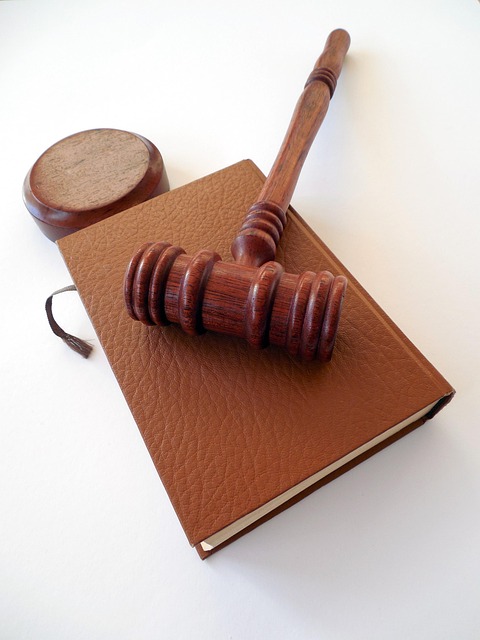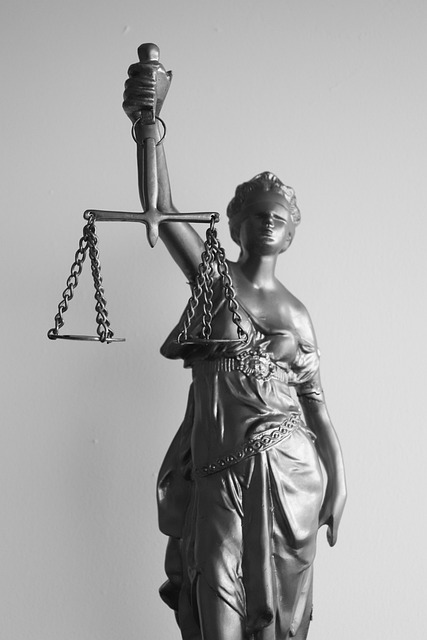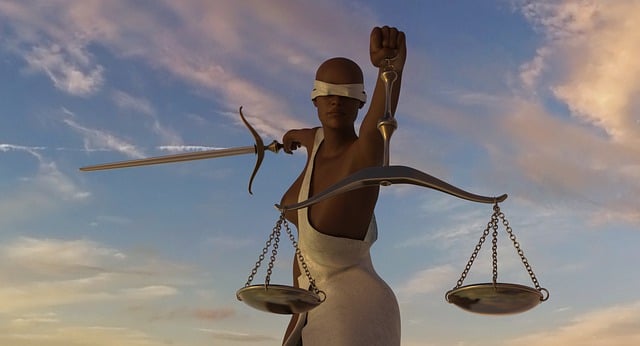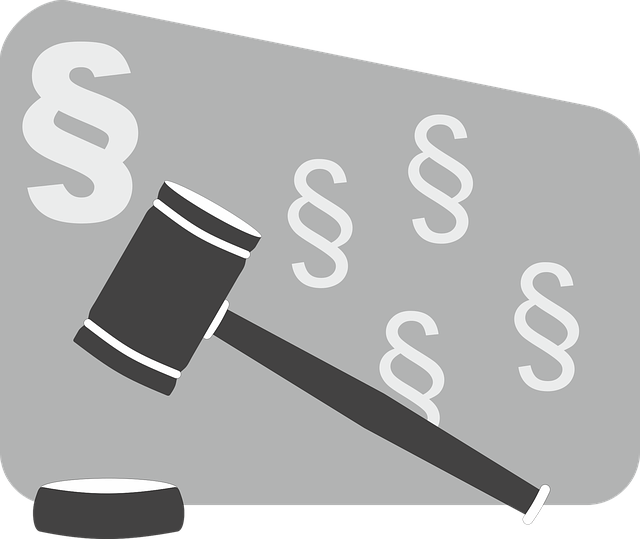Whistleblower Protection Lawsuits, leveraging Civil Law Experts in Defamation Suits, are crucial for safeguarding individuals who expose illegal or unethical activities within organizations. These cases protect public interest by enabling informants to report fraud or misconduct without fear of retaliation, preserving their legal rights and fostering transparency. Civil law experts navigate complex legal territory, ensuring whistleblower protection while mitigating defamation risks. A successful lawsuit requires establishing the plaintiff's whistleblower status, a causal connection between disclosure and adverse employment actions, and strong evidence of employer motivation. These experts are vital in protecting whistleblowers from workplace retaliation and legal repercussions, with notable cases leading to substantial compensation, improved governance, and stronger civil law protections.
Whistleblower protection lawsuits are a crucial mechanism for holding organizations accountable and promoting transparency. This comprehensive guide explores the intricacies of these legal battles, focusing on key aspects like understanding the law, the role of civil law experts in defamation suits, essential elements of success, and common challenges faced by whistleblowers. By delving into real-world case studies, we offer valuable insights for those navigating or interested in this vital area of law, including the expertise of civil law specialists in defamation cases.
- Understanding Whistleblower Protection Lawsuits: A Comprehensive Overview
- The Role of Civil Law Experts in Defamation Suits
- Key Elements of a Successful Whistleblower Protection Lawsuit
- Common Challenges Faced by Whistleblowers and Their Legal Remedies
- Case Studies: Notable Whistleblower Protection Lawsuit Outcomes
Understanding Whistleblower Protection Lawsuits: A Comprehensive Overview

Whistleblower Protection Lawsuits are a crucial legal mechanism designed to safeguard individuals who expose illegal or unethical activities within organizations. These cases involve civil law experts specializing in defamation suits, ensuring that whistleblowers can come forward without fear of retaliation. The primary goal is to protect public interest by enabling these informants to report criminal conduct, fraud, or other misconduct while preserving their legal rights.
Understanding the process is essential; these lawsuits navigate all stages of the investigative and enforcement process, aiming for a complete dismissal of all charges against the whistleblower. By employing strategic legal arguments and evidence, civil law experts help protect individuals from potential indictment and ensure their voices are heard without facing adverse consequences. This comprehensive approach fosters a culture of transparency and accountability within various sectors.
The Role of Civil Law Experts in Defamation Suits

In whistleblower protection lawsuits, Civil Law Experts play a pivotal role, especially when it comes to navigating complex issues of defamation. These experts are instrumental in understanding and interpreting the nuances of civil law as it pertains to false accusations and reputational damage. By providing insights into all stages of the investigative and enforcement process, from initial allegations to potential jury trials, they help navigate these sensitive cases effectively.
Their expertise is crucial in defending against white-collar and economic crimes claims, ensuring that whistleblowers’ rights are protected while maintaining the integrity of legal proceedings. Civil Law Experts offer strategic guidance on how to balance the exposure of misdeeds with the prevention of excessive or unjustified defamation, thereby fostering a fair and transparent environment where wrongdoings can be exposed without undue harm to individuals’ reputations.
Key Elements of a Successful Whistleblower Protection Lawsuit

A successful whistleblower protection lawsuit hinges on several key elements. First and foremost, it’s essential to establish that the plaintiff was a whistleblower who disclosed information about illegal or unethical activities within an organization. This disclosure should have been made in good faith, meaning the individual genuinely believed the actions warranted attention and had no malicious intent. Civil law experts in defamation suits play a crucial role here, ensuring the claims are based on accurate facts and not malicious falsehoods.
Additionally, the lawsuit must demonstrate a causal connection between the disclosure and any adverse employment action taken against the whistleblower. This could include termination, demotion, or retaliation in the form of hostile work environment. In high-stakes cases, achieving extraordinary results often relies on strong evidence, thorough documentation, and compelling witness testimonies. The goal is to prove that the employer’s actions were directly motivated by the whistleblowing incident, thereby establishing liability under whistleblower protection laws.
Common Challenges Faced by Whistleblowers and Their Legal Remedies

Whistleblowers often face significant challenges when speaking up against unethical or illegal activities within organizations. These obstacles can range from workplace retaliation to legal repercussions, especially in high-stakes cases. Many whistleblowers, particularly those involved in white-collar defense, find themselves navigating complex legal landscapes, where their actions may lead to substantial financial and reputational risks.
Civil law experts in defamation suits play a crucial role in protecting whistleblowers’ rights. They help navigate the intricate web of laws surrounding whistleblower protection, ensuring that individuals can expose wrongdoing without fear of unjust punishment. Through strategic legal remedies, these experts can counter-act potential backlash, including defamation claims, which may arise during their pursuit of justice. Winning challenging defense verdicts is not uncommon, demonstrating the impact of having specialized counsel who understand the nuances of both whistleblower protections and civil law.
Case Studies: Notable Whistleblower Protection Lawsuit Outcomes

Whistleblower protection lawsuits have produced notable outcomes that set precedents for future cases. One prominent example involves a former employee who exposed fraudulent accounting practices at a major corporation. Despite facing severe backlash and threats, their courage led to a successful lawsuit against both the company and several high-ranking executives. This case not only resulted in substantial financial compensation but also prompted the corporation to implement stricter internal controls and ethics training, demonstrating the power of whistleblower actions in driving organizational change.
Another significant development involves a healthcare professional who blew the whistle on unsafe patient care conditions in a hospital. Through legal channels, they were able to avoid indictment while ensuring justice for the affected patients. This outcome highlighted the importance of having robust whistleblower protection laws and encouraged corporate and individual clients alike to foster ethical practices within their organizations. Furthermore, the case inspired philanthropic and political communities to advocate for stronger whistleblower protections as a means of promoting transparency and accountability in public interest.
Whistleblower protection lawsuits play a pivotal role in safeguarding individuals who expose illegal or unethical activities within organizations. By understanding the key elements, challenges, and notable outcomes outlined in this article—including the crucial role of civil law experts in defamation suits—whistleblowers and legal professionals alike can navigate these complex cases effectively. Empowering whistleblowers to stand up against corruption and misconduct is essential for fostering transparency and accountability in our society.






